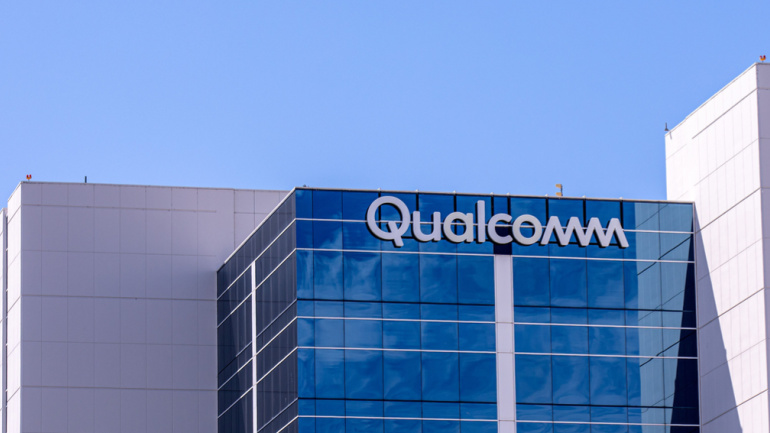
United States electronics titan Apple finds itself in a tense tug of war, striving to be self-reliant, yet tied to dynamic chip manufacturer Qualcomm. Qualcomm recently declared its agreement with Apple to provide Snapdragon 5G Modem‑RF Systems for cell phone launches in 2024, 2025, and 2026. The company couldn’t resist a slight bout of self-congratulation, highlighting its track record in the realm of 5G technology and products as “leadership”.
The alliance with Qualcomm may feel like a necessary evil for Apple, which has been battling to create its own 5G modem in-house, stemming from an arduous licensing dispute with Qualcomm in 2019. Apple had faith Intel would enter the fray and provide a viable alternative, a hope that proved unrealistic. Instead, Apple made the strategic decision to acquire the modem segment from Intel, under the premise that no one can do a job better than oneself.
Fast-forward four years and Apple remains tied to Qualcomm, surfacing doubts around its ability to fully detach within the next three years. Nonetheless, there’s a glimmer of progress–Qualcomm investor slides hints that Apple could be sourcing the lion’s share of its modems from somewhere else by the termination of the established agreement, with the most likely source being their internal project.
Compounding Apple’s predicament, their announcement arrived just as Apple is anticipated to launch their latest iPhones, and the competition isn’t letting up. Distant competitor, Huawei, has added fuel to the speculation fire that it has outpaced Apple by successfully designing its own 5G modem. But how likely is this, considering even Apple, renowned for its application processor design, has struggled?
In 2019, Huawei trumpeted the launch of its own 5G chip, the Balong 5000, even proposing to offer it to Apple. However, chatter about the Balong 5000 has since gone decidedly quiet. As Radio Free Mobile astutely remarks, the target keeps moving when it comes to modems, with conversations already shifting towards 6G. Should Huawei’s modem be as effective as they touted, we would expect an ongoing chorus of accomplishments from the company. Their silence might indicate comparable struggles to mirror Qualcomm’s achievements.




